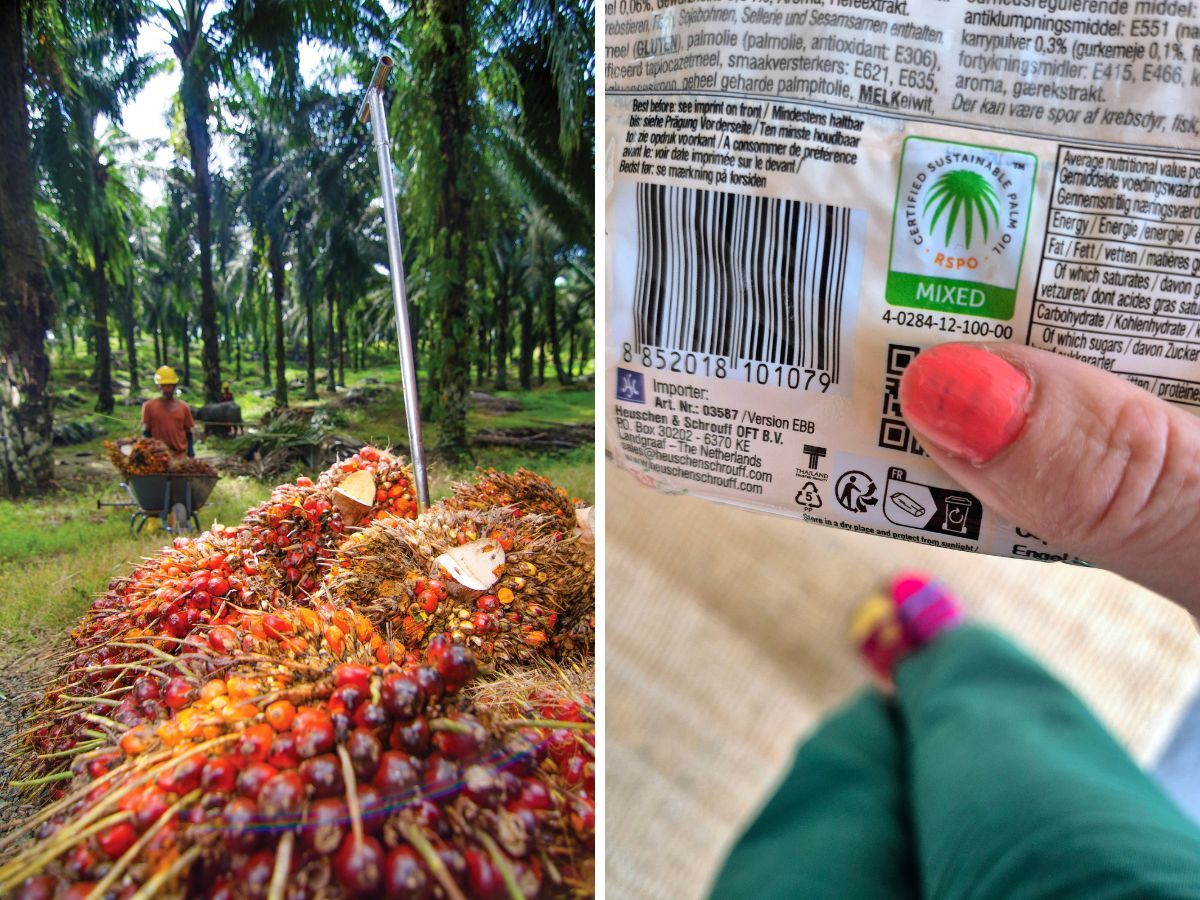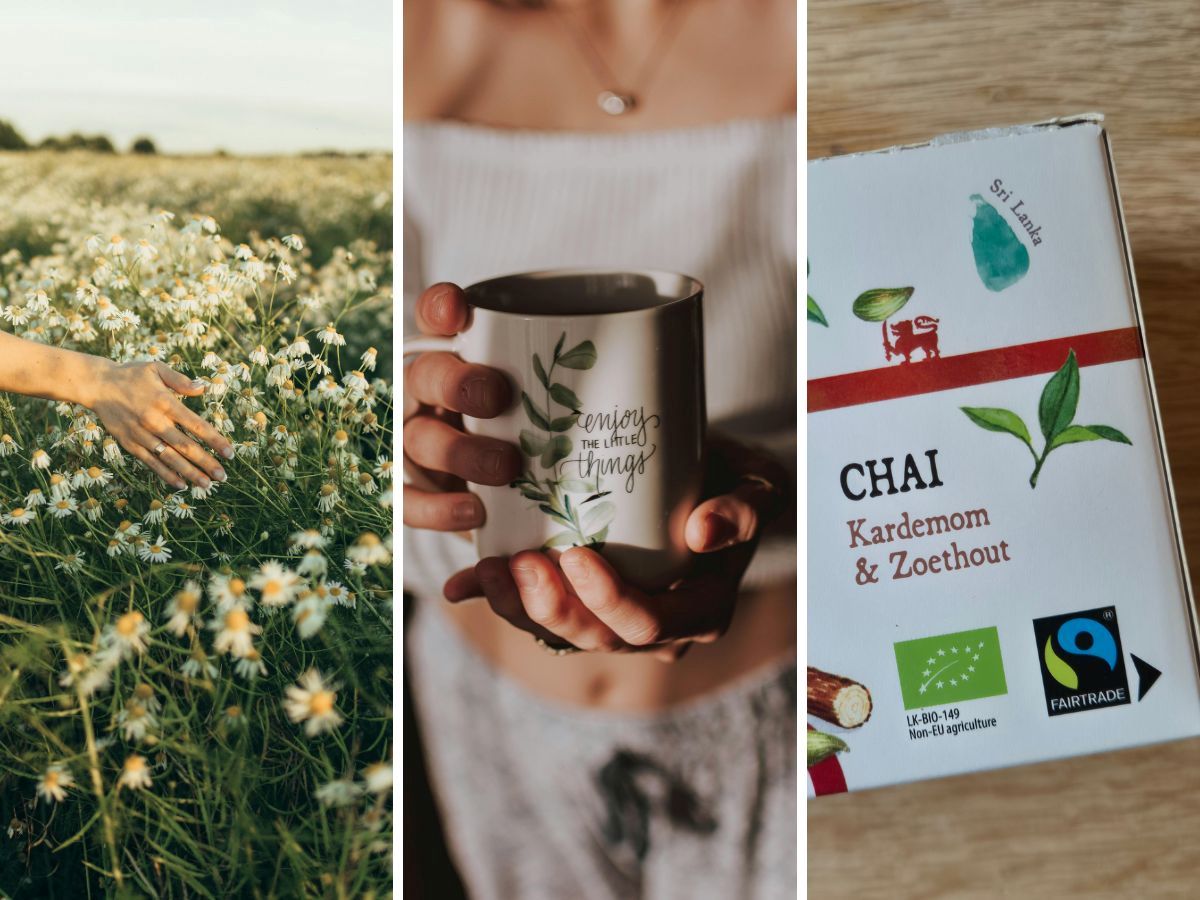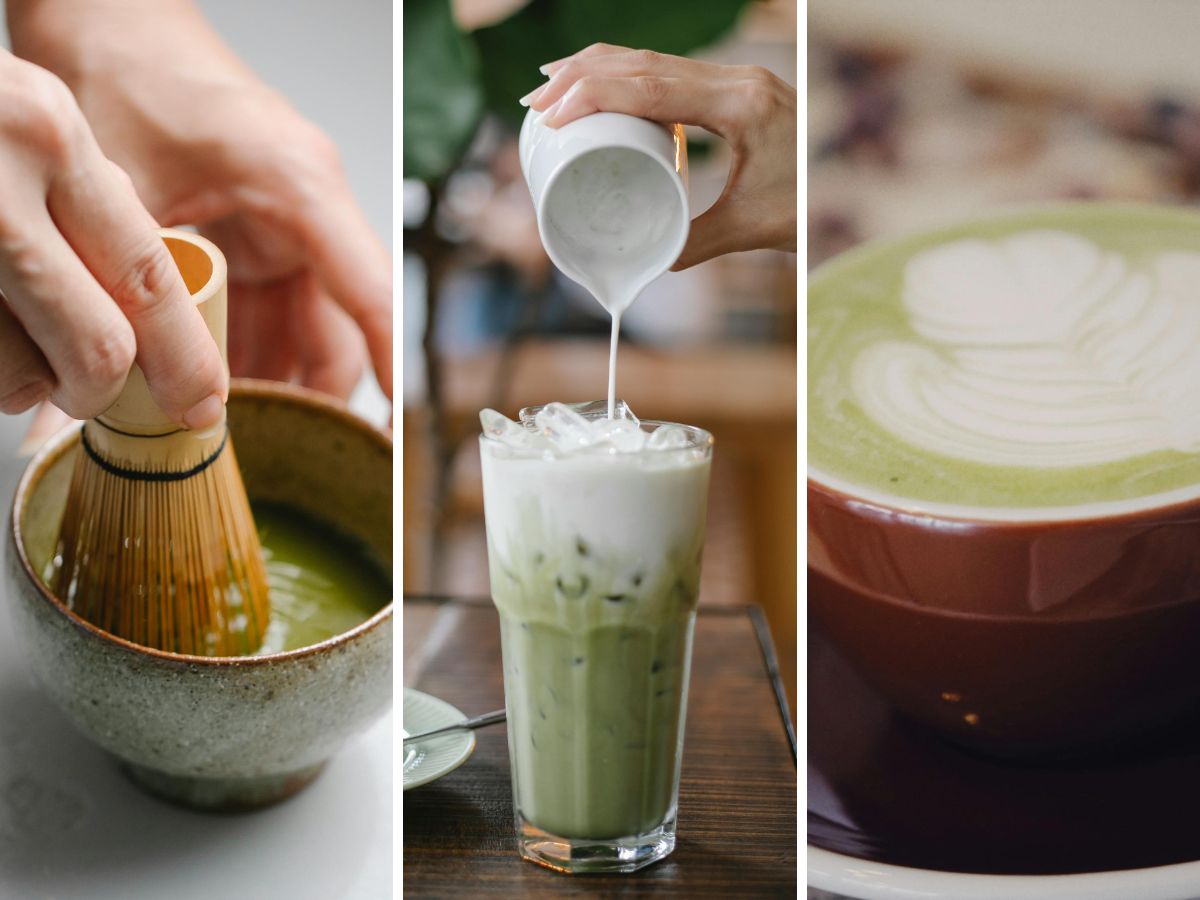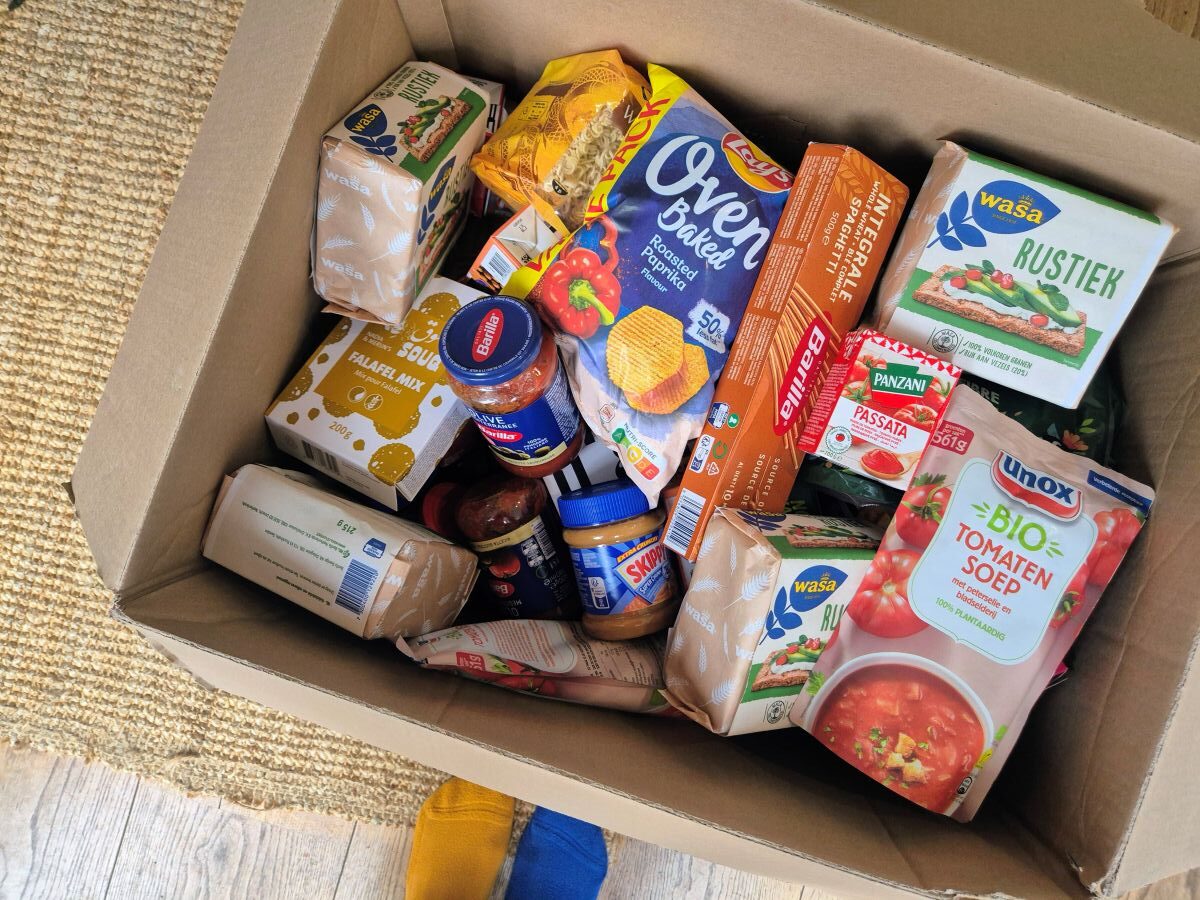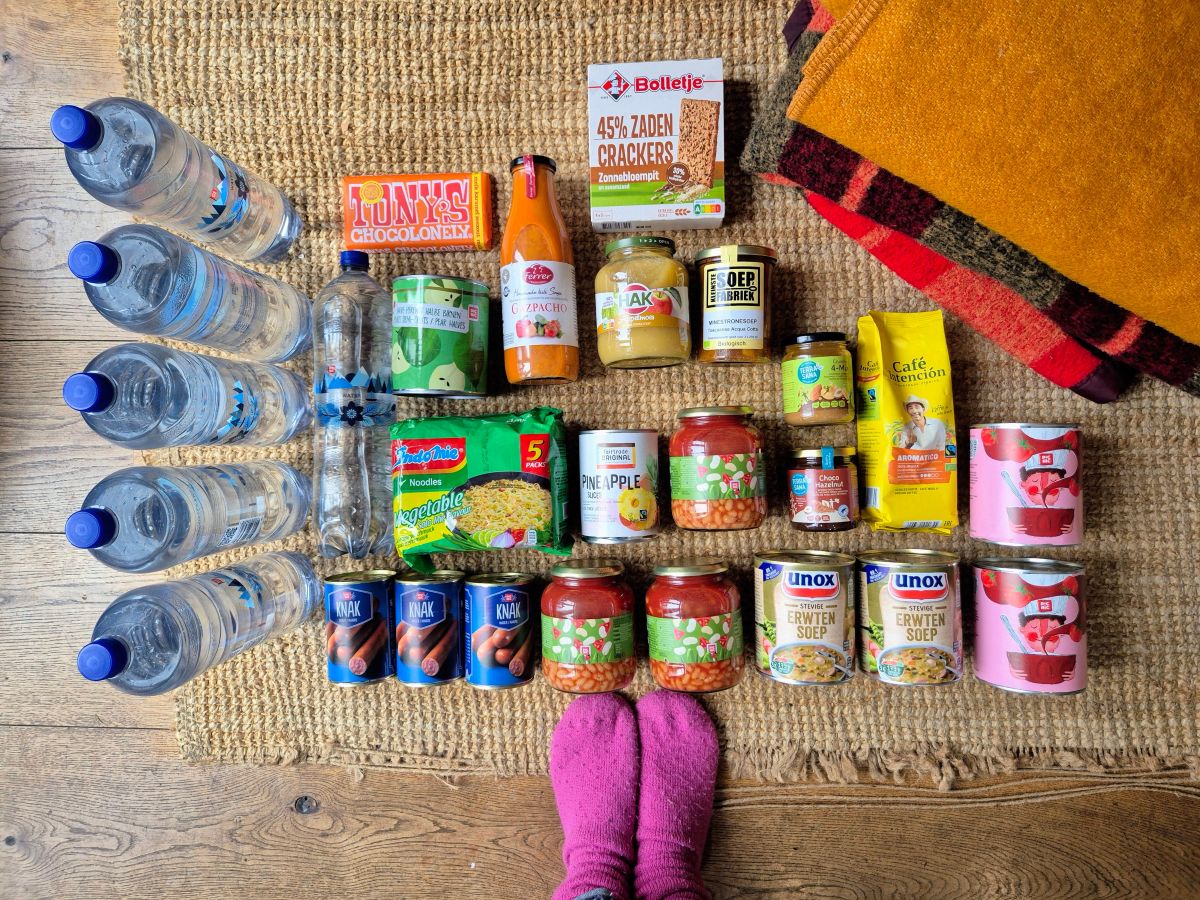Palm oil is in an awful lot of everyday products: from chocolate and lipstick to shampoo, toothpaste and frozen pizzas. In fact, we can't live without it. And if you look closely at the facts, we don't want to at all. Because palm oil - if produced properly - is one of the most efficient vegetable oils available. Alternatives such as soya, sunflower or coconut are not necessarily better. They often require more arable land or water, and there too there are similar environmental and labour challenges. Our conclusion - and that of many experts: a palm oil boycott is not only impossible, but also undesirable. In this article, we explain why.
What is palm oil anyway?
In cooperation with Olenex/SD Guthrie
Palm oil is extracted from the fruit of the oil palm, a tropical plant native to West Africa. The fruit grows in large clusters and contains a red-orange pulp from which the oil is pressed. What makes palm oil so special is its high yield: one palm produces hundreds of kilos of fruit a year and can be harvested every fortnight. This makes it an extremely productive crop. Take a look at this chart to get an idea. Most palm oil today comes from Indonesia and Malaysia, together accounting for more than 80% of world production. But countries like Colombia, Nigeria and Thailand are also playing an increasing role. And where it all comes from? Well, almost everywhere. From biscuits, chocolate and margarine to shampoo, soap, make-up and detergents. Palm oil really is an ingredient you come into contact with every day without realising it.
More sustainable palm oil
Palm oil has a bad image for a reason. In the past, rainforests were felled on a large scale to make way for plantations. Orang-utans lost their habitat, biodiversity disappeared and things also often went wrong on a social level: think of poor working conditions and too low wages. But it was precisely these problems that set the industry in motion. Since the beginning of this century, great strides have been made towards more sustainable production. With the rise of the RSPO label, stricter legislation and international agreements have been taken that you see in few other sectors. Today, palm oil is one of the most regulated and traceable vegetable raw materials in the world. And that is good news, because it means it can really be grown more sustainably.
A much-needed source of income for millions of people
What we often forget in discussions about palm oil is that millions of people also depend on it. In countries like Indonesia, Malaysia, Colombia and Peru, many small farmers earn their income from oil palm. And for them, this is not an afterthought: the difference between surviving or getting ahead. Palm oil is a crop you can harvest every fortnight, and so it gives farmers regular income. By supporting these farmers in making their production more sustainable, they can earn a fair wage without sacrificing nature or human rights. And that is real progress.
Why palm oil is basically pretty smart
The longer we looked into it, the clearer it became: if we want to become more sustainable, the solution does not lie in getting rid of palm oil, but in improving the way it is produced. This is also endorsed by experts from Solidaridad and the World Wildlife Fund, among others. It is not palm oil itself that is the problem, but the way it is produced.
For that, it is useful to understand why palm oil is so widely used. Not just because it is cheap or long-lasting, but mainly because it is so extremely efficient. One hectare of oil palm yields up to four times as much oil as sunflower or soya. That makes quite a difference. Less land needed means less pressure on forests, less water consumption and if grown more sustainably it also has the lowest greenhouse gas emissions per litre of oil. If we switched en masse to other vegetable oils, we would actually need more farmland and thus lose more nature.
And another thing: the problems involved in palm oil, such as deforestation or exploitation, are unfortunately not unique. Alternatives such as soy, coconut or sunflower oil also cut down forests, use pesticides or underpay farmers. So it is not the case that a ‘palm oil-free’ product automatically makes you a better choice. The basic rule for all agriculture is: it can be sustainable, but it is far from always being so.


Sometimes you see it on a label: an RSPO logo (label) or the statement that more sustainable palm oil has been used. But far more often you won't see it there. It will say ‘palm oil’ or ‘palm fat’ or ‘palm kernel oil’ or it will say ‘vegetable oil’. In many of these cases, more sustainable palm oil has then been used anyway. Watch the video of our supermarket search here!
What can you do yourself? No palm oil boycott!
Conclusion: actually, as a conscious consumer, you don't have to do very much. A boycott doesn't help - indeed, it often backfires. And reading labels? Nice try, but far from helpful. Yes, there is an RSPO label for more sustainable palm oil, but you rarely see it on the packaging. Yet there is good news: according to Solidaridad some 90% of the palm oil in European products is already produced to better standards. Even if it doesn't say so. So chances are you are already contributing something to the solution unnoticed.
We ourselves were surprised by all we came across. Because palm oil is and remains a complicated story. But one that calls for nuance. And for realistic choices. Instead of avoiding palm oil, it is better to ensure that the palm oil that is available is produced in a fair and sustainable way. As a consumer, you have more influence on this than you think.
More sustainable shopping tips
- Also see: Saving food from waste in a cool way with No Waste Army.
- Also see: Do you see the EKO label? Then you know: organic and local!
- Also see: Why bread is not always vegan.
Sources: Solidaridad, WWF, WWF, Wageningen University & Research, Sustainable Palmoil Choice, MDPI.

